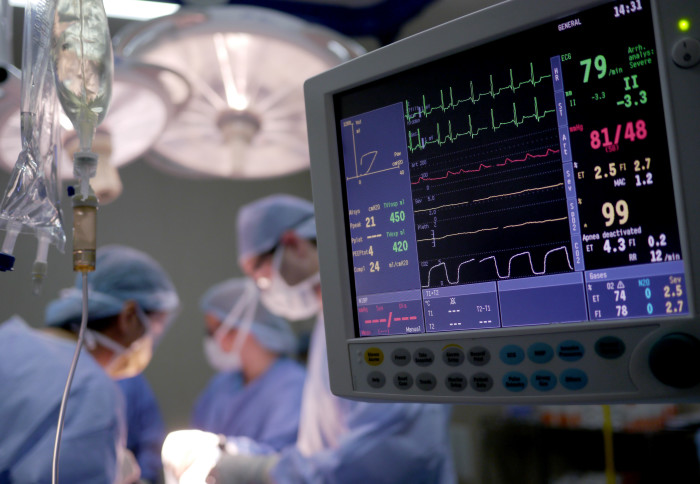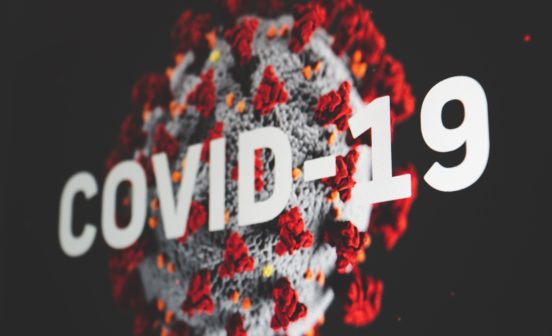DiagnosticInformatics ApproachesPrevention AI analytics predict COVID-19 patients’ daily trajectory in UK intensive care

Researchers used AI to identify which daily changing clinical parameters best predict intervention responses in critically ill COVID-19 patients.
The investigators used machine learning to predict which patients might get worse and not respond positively to being turned onto their front in intensive care units (ICUs) – a technique known as proning that is commonly used in this setting to improve oxygenation of the lungs.
While the AI model was used on a retrospective cohort of patient data collected during the pandemic’s first wave, the study demonstrates the ability of AI methods to predict patient outcomes using routine clinical information used by ICU medics.
The researchers say the approach, where each patient’s data were analysed day-by-day instead of only on admission, could be used to improve guidelines in clinical practice going forward. It could be applied to potential future waves of the pandemic and other diseases treated in similar clinical settings.
The researchers continue to collect patient data and are currently analysing findings from the second wave of the pandemic. They note that in the first wave there were limited drug treatments available, so more COVID-19 patients may have been triaged directly to ICU for breathing support.
However, in the second wave, proven treatments such as steroids and tocilizumab were more widely available, so those who progressed to ICU had a different disease profile, as they were patients who were inherently resistant to these initial drug treatments.
Professor Faisal said: “Findings from the first and second wave will differ because approaches to treating patients in ICU evolved with the pandemic. However, our AI tool kit is already set up across UK ICUs to monitor daily patient data and adapt to the changing situation.”
The study was co-funded by the Imperial College London COVID-19 Response Fund, Royal Brompton & Harefield Hospitals Charity, and NIHR Imperial BRC, and is endorsed by the Intensive Care Society.





